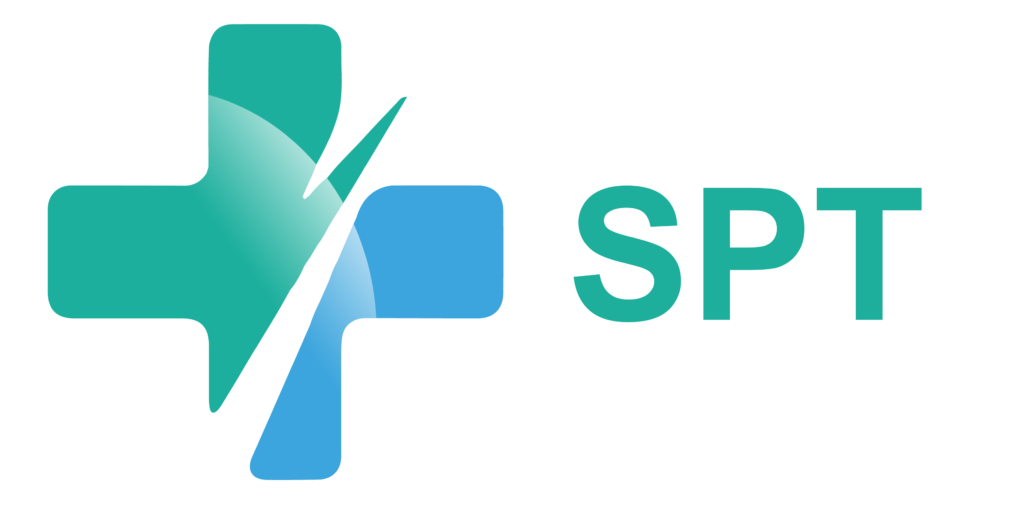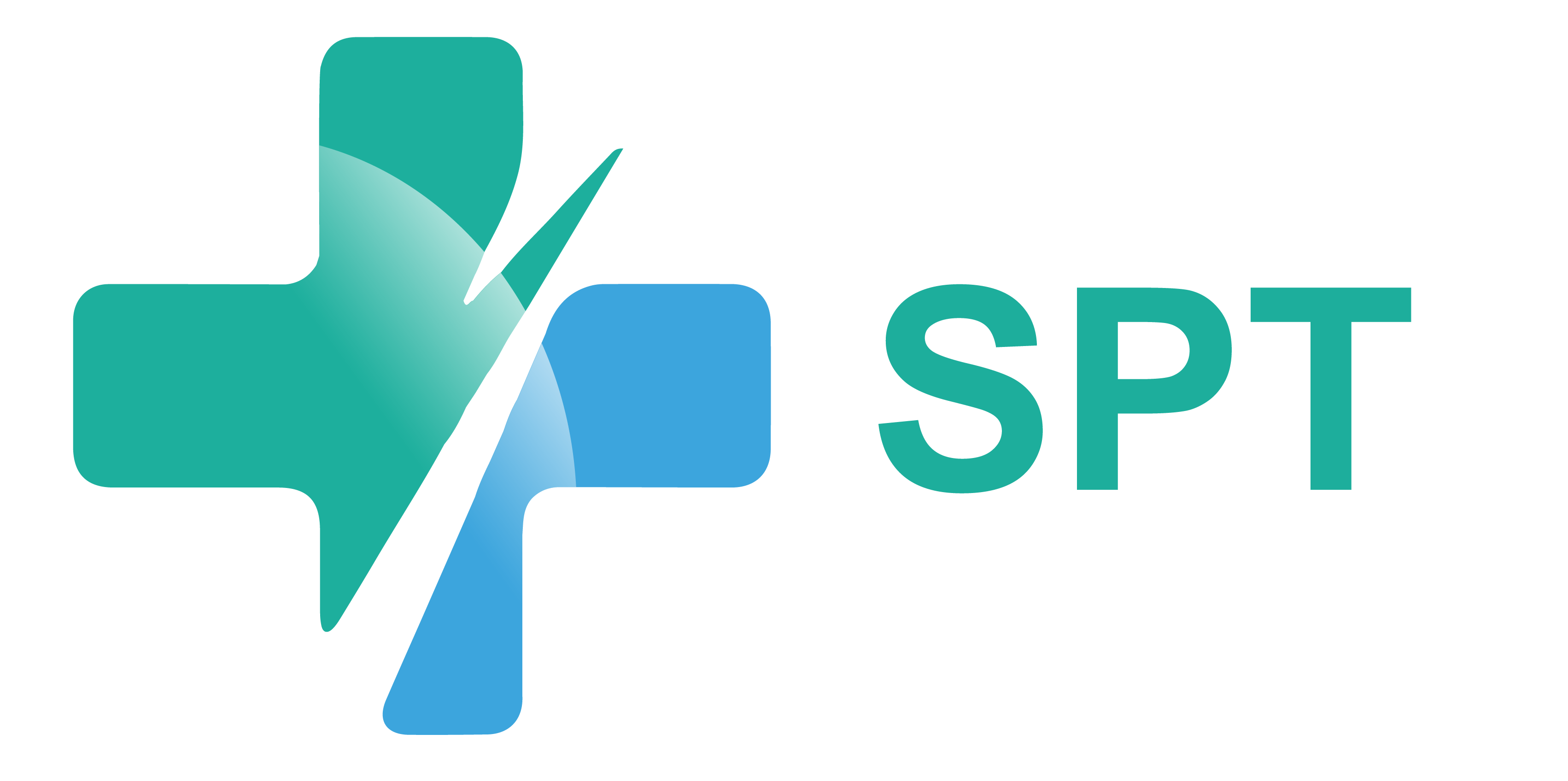Handling the billing and coding for cancer care, known as oncology billing and coding, is all about making sure that every treatment and test for cancer patients is properly recorded and billed. This is especially important because it keeps changing with new treatments coming out. A study in the “Journal of Clinical Oncology” highlighted how getting this billing right is crucial for doctors and hospitals to be paid correctly for the care they provide.
What is Oncology Medical Billing?
Oncology medical billing is simply the way doctors and healthcare facilities keep track of cancer treatment procedures so they can get paid by insurance companies. It’s about making sure every service is listed correctly so that patients’ insurance plans cover the cost of their cancer care.
What Are Oncology Billing and Coding Guidelines?
Oncology billing guidelines help doctors and clinics get their billing right for cancer treatment services. These guidelines, backed by groups like the American Society of Clinical Oncology (ASCO), address all the nitty-gritty of billing, confirming everyone, from the healthcare provider to insurance companies, is on the same page.
With constant updates, especially the push for more specific diagnoses in medical coding, staying informed is the formula. It’s all about making sure the billing is spot on, so patients can focus on treatment without stressing over insurance claims or coverage issues.
Latest Changes in Oncology Medicare Guidelines
People who work with cancer billing or provide Oncology billing services need to know these updates to do things right and make sure patients get their treatments without a hitch.
More Video Doctor Visits
Medicare is still letting patients see their cancer doctors over video calls. This helps keep everyone safe from germs and makes it easier to get care.
New Rules for Doctor Visits
There are new ways doctors write down the time they spend with patients or how tough the medical choices are. This changes how they get paid.
Help for Opioid Problems
Medicare covers more help for patients who have trouble with opioids. This includes talking to a therapist or getting advice on how to stay away from drugs while getting cancer treatment.
Changes in Payment
The amount of money doctors get from Medicare for treatments might change. This means how much your doctor gets paid for their work could be different.
New Cancer Treatments Covered
As new cancer treatments, like immune system boosters, come out, Medicare changes what treatments they will pay for. Doctors have to keep up with what’s new.
Easier Approval for Treatments
Medicare is trying to make it less work to get approval before starting some treatments. Doctors have to be careful with their paperwork to make sure everything goes smoothly.
Importance of Accurate Billing in Oncology Practices
In oncology, every detail counts, especially when it comes to billing. Proper billing means that doctors are paid correctly, reduces insurance issues, and avoids patient stress over money matters. When the finances flow well, doctors can focus more on caring for their patients.
According to a report by Grand View Research, the entire market for healthcare revenue cycle management was worth roughly $45.3 billion in 2020. The global revenue cycle management market size was estimated at USD 306.8 billion in 2023 and is projected to grow at a CAGR of 11.39% from 2024 to 2030. They predict it will keep growing, showing how much the health sector relies on efficient billing practices.
Why you should outsource oncology billing services
Outsourcing billing can take a load off an oncology practice. It means fewer headaches with paperwork and more time for what matters: patient care. Plus, experts in billing stay on top of all the rules and codes, so you’re less likely to run into problems with claims.
Common Oncology Billing Codes/CPT codes
Oncology billing involves a lot of specific medical coding, but we’ll touch on some common ones used in the field. These codes help certify that services are billed correctly so that oncologists get paid for the care they provide, and they help with filing insurance claims accurately.
- 99203-99205:
These codes are for new patient office visits, varying by the complexity of the visit. They’re often used when a patient first comes to an oncology practice.
- 99213-99215:
Similar to the codes above but for these are only for established patients. The level of complexity and time spent with the patient dictates which code is used.
- 96372:
This code is for therapeutic, prophylactic, or diagnostic injection (subcutaneous or intramuscular). It comes into play often in oncology for the administration of various treatments.
- 96413:
Used for chemotherapy administration, intravenous infusion up to one hour. This is the main code in oncology since chemotherapy is a common treatment.
- J9000-J9999:
These codes are part of the ‘J’ series, specifically used for chemotherapy drugs. Each drug has its own unique code, for example, J9000 is for Doxorubicin, an often-used chemotherapy medication.
Tip: Always double-check current coding guidelines as codes can update or change.
Tips for improving Oncology Medical Billing
Improving oncology medical billing can seem complex, but a few strategies can make a big difference. Here are some practical tips to improve the billing process in oncology practices:
Stay Updated on Billing Codes
The world of medical billing is always changing, especially in oncology with its evolving treatments. Keeping up with the latest CPT (Current Procedural Terminology) codes and guidelines confirms claim submission are accurate and reimbursement is maximized.
Accurate Documentation
Clear and precise recording of patient encounters and treatments is critical. This includes documenting the specific drugs administered, their dosage, and the time spent administering treatments. Also, accurate documentation supports billing claims and helps avoid denials.
Verify Patient Coverage
Before administering treatments, verify the patient’s insurance coverage thoroughly. Understanding what the insurance covers and any prior authorizations needed helps in planning treatment that is covered and informing patients about possible out-of-pocket costs.
Use Technology Wisely
Implementing an electronic health records (EHR) system that integrates with billing can rationalize the billing process. It reduces manual entry errors and speeds up claim submission.
Regular Training for Staff
Since oncology billing is highly specialized, regular training for your billing staff on the latest coding updates and billing software can improve efficiency and accuracy.
Audit Your Billing Process
Regular audits help identify any issues or patterns of errors in your billing process. This can be pivotal in correcting problems before they become systemic, reducing the chance of poor denial management or claim rejections.
Outsource to Specialists
Sometimes, the best way to improve your billing process is by outsourcing to companies specializing in oncology billing. They stay up-to-date with all regulatory changes and can often improve your reimbursement rates.
How We Can Help You with Oncology Medical Billing and Coding?
At SPT Medical Billing, we make oncology billing easy for you. Our team knows the ins and outs of oncology billing, so we take care of everything—from checking patient insurance to handling claims and managing payments.
We use the latest tech to get the job done right and fast. This means you can focus more on caring for your patients, while we lift your earnings and sort out the billing stuff. Let us help you keep your billing hassle-free.
Conclusion
To wrap up, effective management of oncology billing and coding isn’t just about keeping the finances in check—it’s crucial for the smooth operation of oncology practices. So, it is better to stay up-to-date with the latest codes, and ensuring accuracy in every aspect of the billing process helps prevent errors and delays in payments. Ultimately, this enables healthcare providers to focus on delivering the best possible care to their patients, which is the heart of all medical practice.




